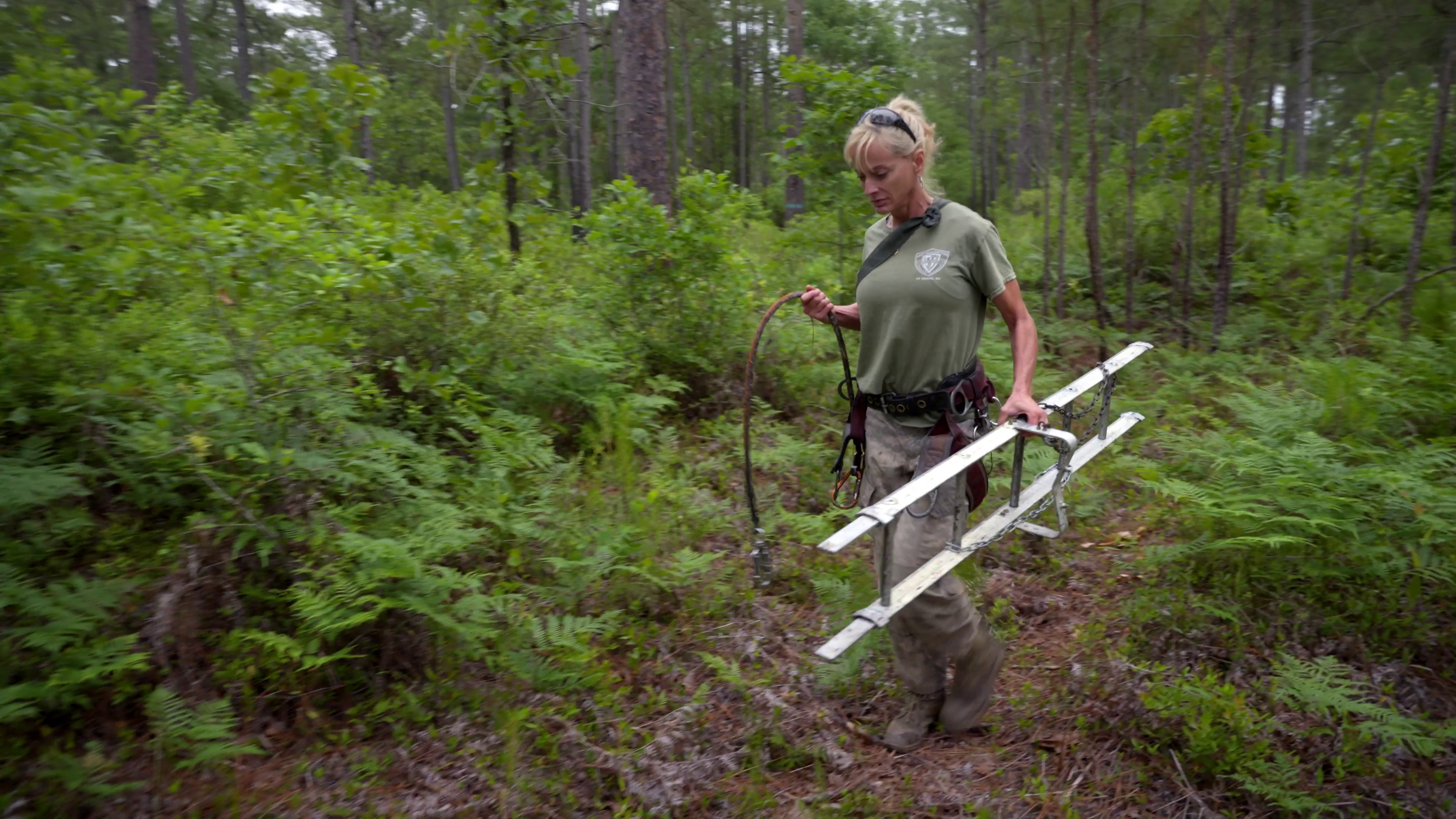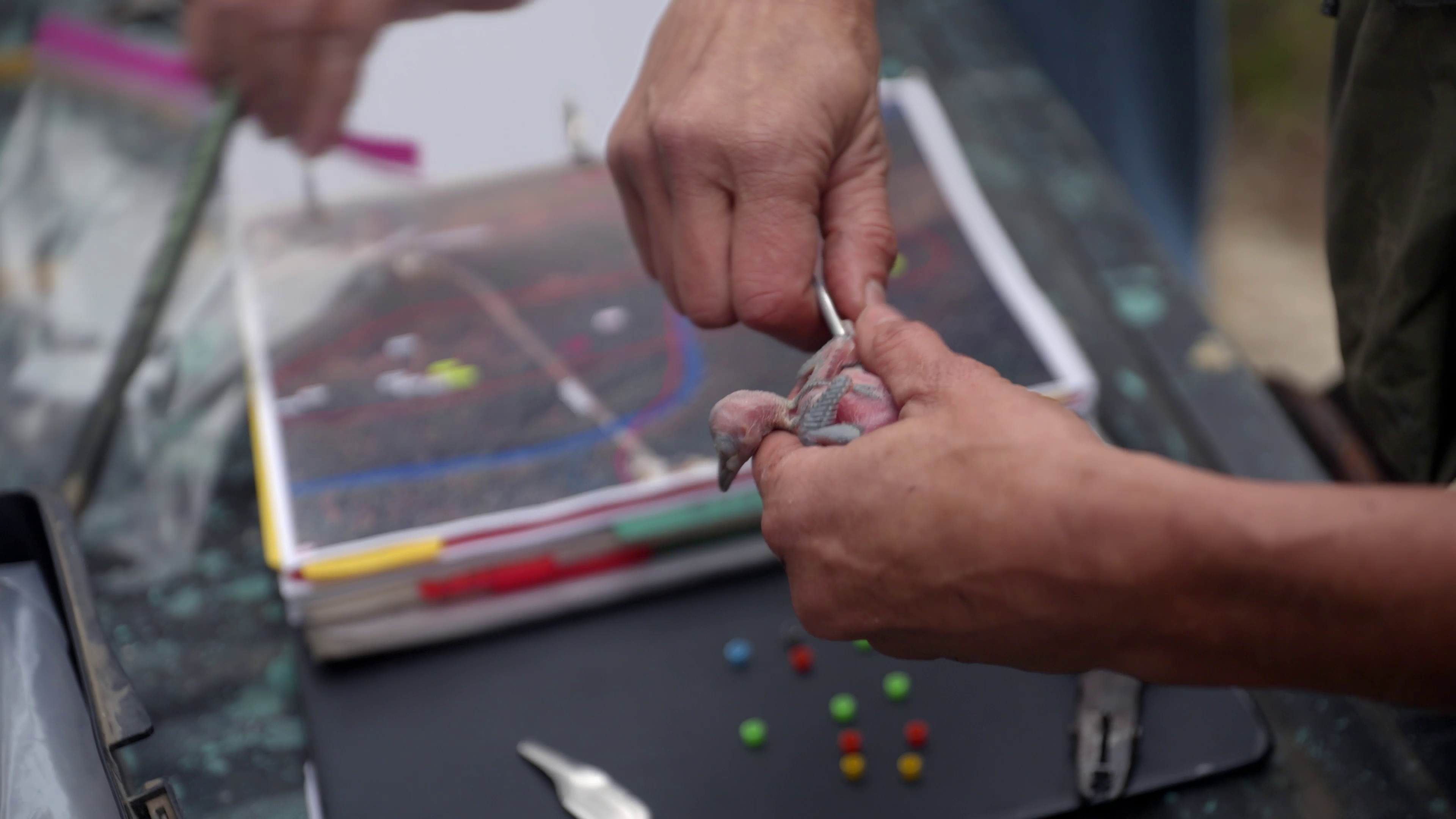The red-cockaded woodpecker is a keystone species, meaning that other nearby wildlife rely on them – specifically for their abandoned nests. Only found in America’s dwindling longleaf pine forests, these woodpeckers create tree cavities that provide homes for other birds and small mammals.
Across North America and around the world, woodpecker populations are declining as longleaf pine forests are further depleted. By helping these specialized birds, we can support entire boreal communities. Here are a few ideas for how to get started!
Support the Sustainable Forestry Initiative
The American Bird Conservancy is teaming up with the Sustain Forestry Initiative to help protect trees and the species that rely on them. Working on public lands, this program is helping to inform forest management practices, like prescribed burns, that benefit both birds and landowners.
Get involved at sfiprogram.org
Illustration of a woodpecker
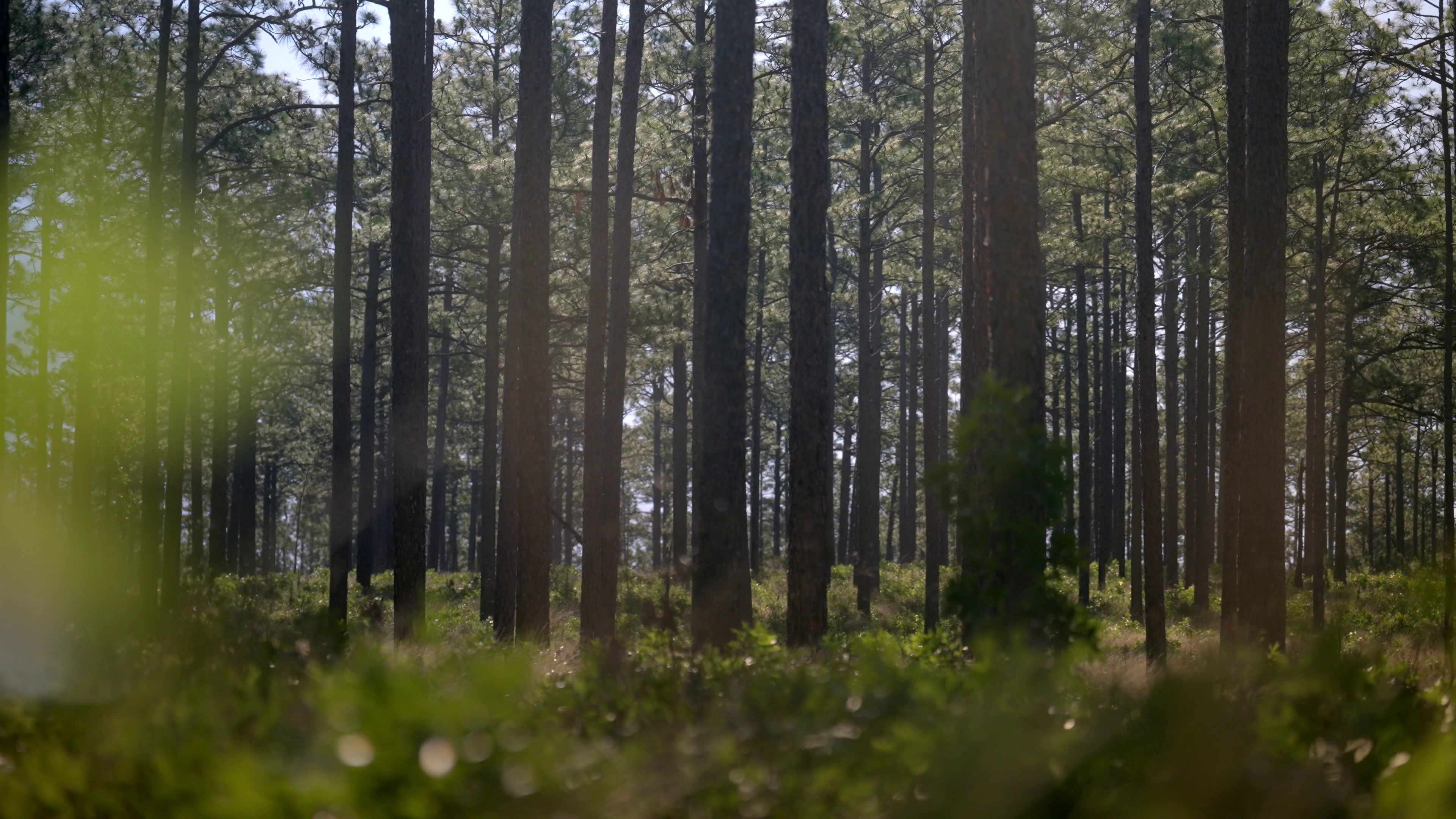
Become a Birder and a Citizen Scientist!
Watching and listening to birds – or “birding” – is an entertaining hobby that can be enjoyed anywhere. eBird, the online platform and free app from the Cornell Ornithology Lab, is a great tool for learning more about local bird species, tracking species you’ve identified, and contributing observation data on bird populations.
Start observing now with ebird.org
Illustration of a woodpecker
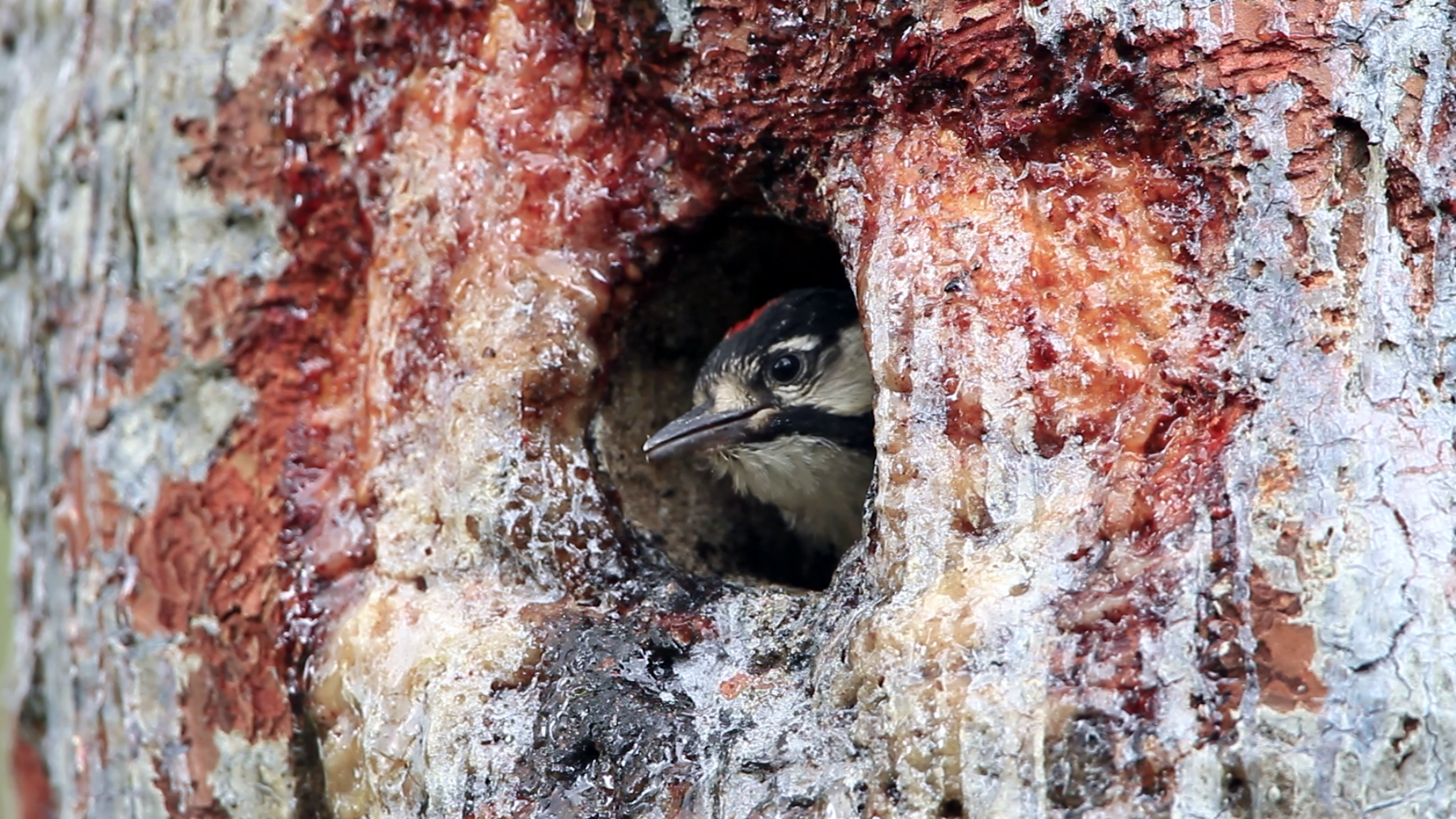
Join a Longleaf Restoration Initiative
If you live in the American Southeast – states like Georgia, Florida, the Carolinas, or many more – the longleaf pine forest was once a staple of your native wilderness that is now dwindling. These forests are a precious natural resource unique to this part of the world. Groups like the U.S. Department of Agriculture’s Natural Resources Conservation Service, and others they support like America’s Longleaf, coordinate with local implementation teams to preserve and restore longleafs where they once thrived.
Learn how to protect longleafs at americaslongleaf.org
Illustration of a woodpecker
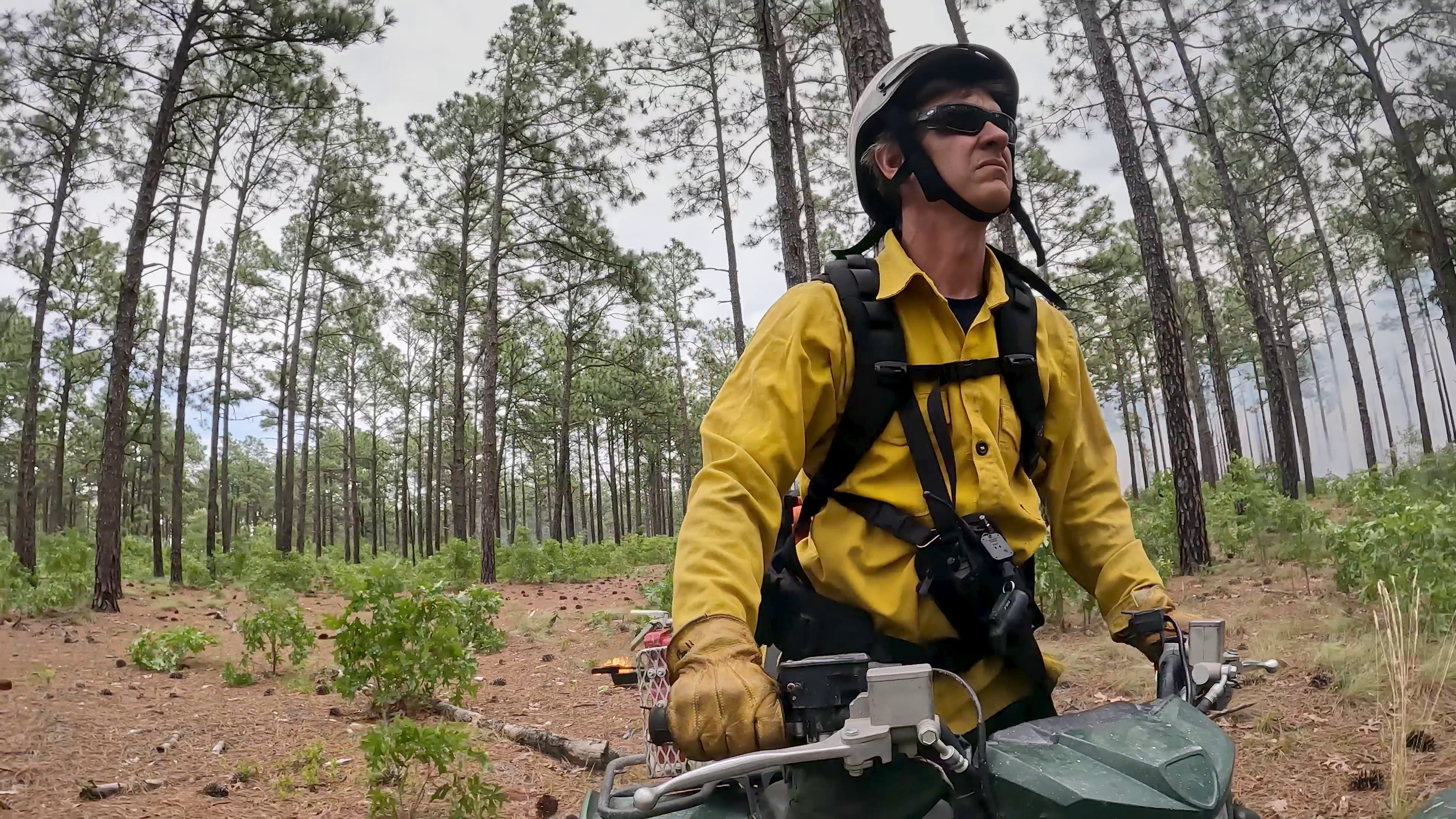
Help Scientists Monitor Woodpecker Cavities
Like the red-cockaded woodpecker, the red-headed woodpecker is experiencing considerable regional declines across the Midwestern and Eastern United States. Help researchers explore the drama-filled world of red-headed woodpecker cavities and the animals that use them by participating in this virtual community science project.
Get involved at scistarter.org/woodpecker-cavity-cam
Illustration of a woodpecker
